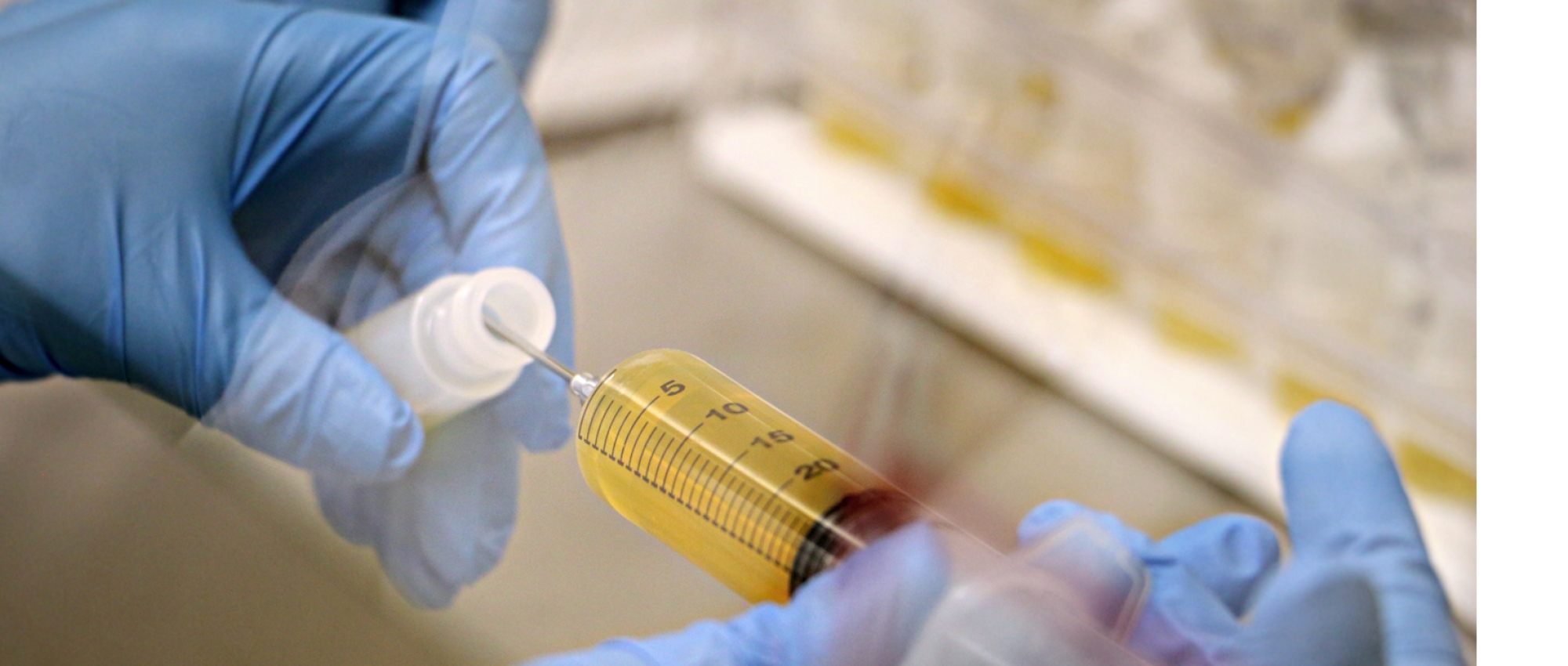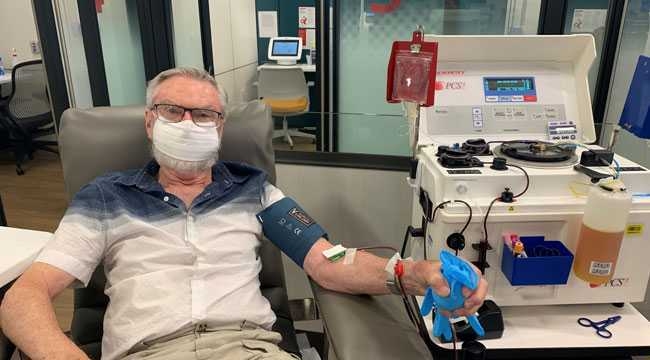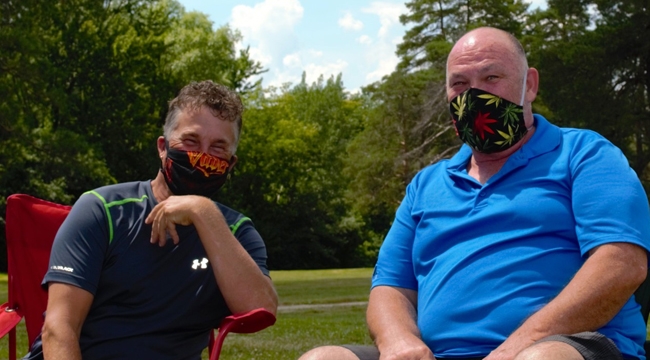Convalescent plasma and women
Why we’re asking women to register, even though they can’t donate yet.
Canadian Blood Services is proud to be part of CONCOR, a national clinical trial to test the safety and effectiveness of plasma from recovered COVID-19 patients (convalescent plasma) as a treatment for the novel coronavirus. The trial will provide convalescent plasma to physicians caring for patients with COVID-19 in the context of the clinical trial and under the authorization of Health Canada.
A convalescent plasma donation is like a standard plasma donation, but we need a specific type of donor for this clinical trial. We are asking those who meet Canada’s current plasma donor eligibility criteria to consider joining our online registry for convalescent plasma donors if they are also:
- younger than 67;
- previously confirmed positive for COVID-19 by lab test;
- fully recovered from the virus and have been symptom-free for at least 28 days.
We’ve had some questions from the public about the participation of women in the trial, and why there are special concerns with transfusing plasma from women. Dr. Tanya Petraszko, our director of medical services and hospital relations, explains the nuances — and why we’re still asking women who meet the criteria to join CONCOR’s online registry. This information applies to cis-women as well as people of all genders who were assigned female at birth.
Why are there concerns surrounding transfusing plasma from women?
Tanya Petraszko: Plasma from previously pregnant women carries an increased risk of a rare but potentially fatal transfusion reaction called transfusion-related acute lung injury, or TRALI. TRALI occurs when human lymphocyte antigen (HLA) antibodies in the donor’s plasma interact with white blood cells lining the lungs of the recipient.
HLAs are part of our immune system and help our body recognize self from non-self. When our body detects a non-self entity, it develops antibodies. HLA antibodies are very common in the plasma of women who have been pregnant, and the chance of a woman having them increases with each pregnancy. This is because fetuses have HLA from both parents, and the mother can be exposed to the HLA of the other parent during pregnancy. Her body then develops HLA antibodies against the portion of the fetus’s HLA that comes from the other parent.
HLA antibodies are normal in pregnancy and do not harm the fetus, but they can cause TRALI if they’re transfused to a patient. Since 2007, Canadian Blood Services has not used plasma collected from women for transfusion.
Instead, we use plasma from women who donate to create plasma protein products. Those products are made by manufacturers who pool large amounts of plasma and distill it into life-saving therapies and treatments. This process greatly reduces the risk of TRALI.
What if a woman has never been pregnant?
Tanya Petraszko: Even a single miscarriage, which can be missed if it happens early enough in a pregnancy, creates a TRALI risk. This risk is especially serious for the patients who are part of CONCOR, because their lungs may already be injured by COVID-19. The last thing they need is TRALI on top of that. It could be fatal.
Because of the danger COVID-19 poses to people around the world, we are working to get this trial running very quickly. Testing women donors for HLA antibodies is not currently available and would take a very long time to implement. For this reason, we are currently targeting people assigned male at birth for this study.
But if plasma from women isn’t used for transfusion, why are you asking women to join the convalescent plasma online registry?
Tanya Petraszko: While their plasma won’t be used in this phase of the clinical trial, in the future, we may be able to help create a hyper-concentrated plasma product to treat COVID-19. This would be done by pooling convalescent plasma from thousands of donors and sending it to manufacturers to create a hyper-concentrated antibody solution. When the plasma is pooled and processed, it erodes the risk of TRALI. For this reason, we want to know about all potential donors who meet our criteria, because we may call on them in the future to help save lives.
If you’re interested in learning more, visit blood.ca/convalescentplasma.



